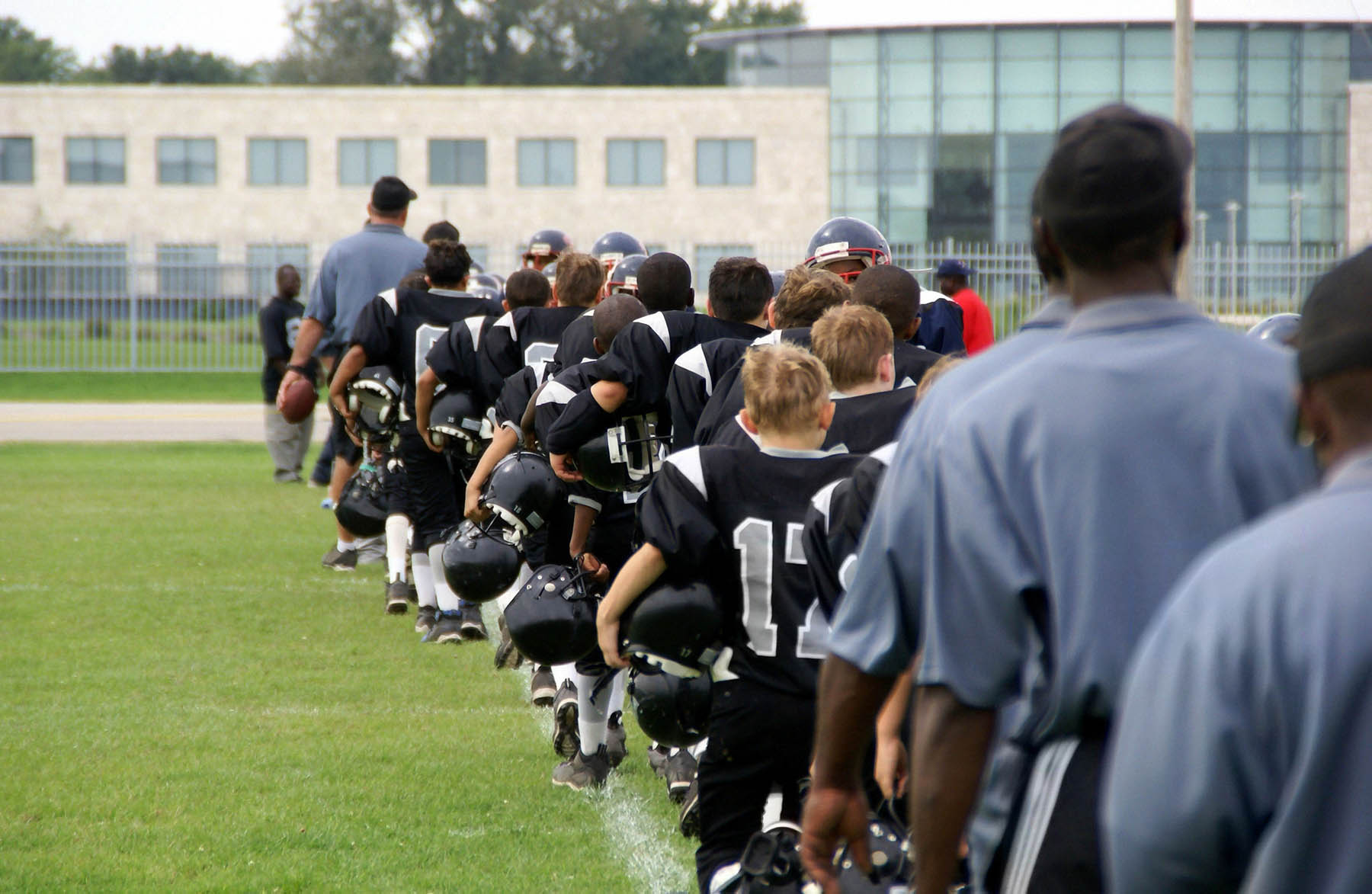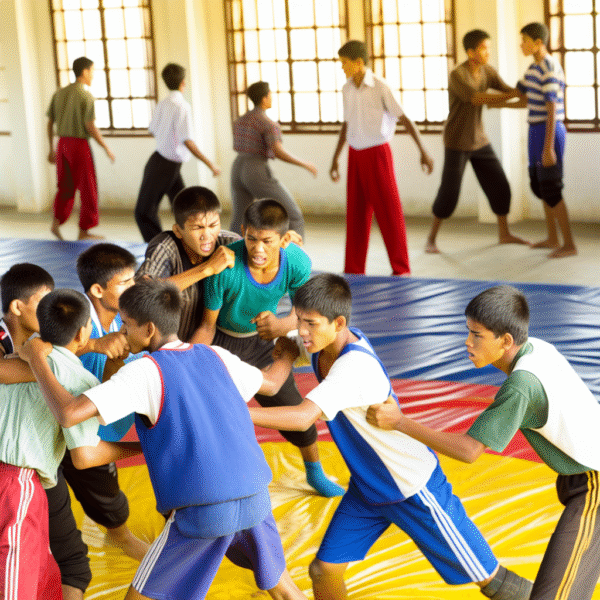Youth baseball is far more than balls, bats, and scoreboards. It’s a training ground for life—where lessons in teamwork, humility, discipline, and respect take root. As much as we celebrate home runs and strikeouts, what truly defines a successful youth baseball experience is the balance between skill development and youth baseball sportsmanship.
While developing talent helps kids grow into confident and capable athletes, teaching sportsmanship ensures they mature into respectful and grounded individuals. In this guide, we’ll explore how to nurture both, creating players who are not just good at the game—but better for having played it.
The Dual Pillars of Youth Baseball
In youth baseball, two goals should always go hand in hand: building skill and instilling character. A powerful swing or fast pitch is impressive, but without respect for the game, teammates, and opponents, even the most talented player can miss the mark.
Teaching sportsmanship alongside athletic ability fosters:
-
A stronger sense of team unity
-
Resilience in the face of defeat
-
Empathy and leadership
-
Long-term love for the game
By emphasizing both pillars, coaches and parents ensure baseball shapes kids for the better—on and off the diamond.
Identifying and Nurturing Baseball Talent
Every young athlete is unique. Some show natural athleticism, while others thrive on hard work and consistency. The role of coaches and parents isn’t to label talent early but to create opportunities for it to emerge and grow.
Tips for Talent Development:
-
Rotate positions to discover hidden strengths
-
Use age-appropriate drills that develop fundamentals
-
Provide individual feedback and celebrate progress
-
Avoid overemphasizing winning—focus on learning
Consistent encouragement and varied exposure help young players find their rhythm while developing physical and mental confidence.
The Role of Coaches in Developing Sportsmanship
Coaches are more than just strategists—they’re mentors and role models. What they say, how they act, and the standards they set directly impact a player’s sense of sportsmanship.
Coaches can promote sportsmanship by:
-
Modeling respectful behavior toward umpires and opponents
-
Addressing unsportsmanlike behavior immediately and calmly
-
Emphasizing effort and attitude over stats
-
Teaching kids how to win humbly and lose with dignity
Remember: Young players mimic what they see. When coaches treat every moment as a teaching opportunity, kids learn that character is just as important as capability.
Creating a Team Culture of Respect and Fair Play
Team culture doesn’t happen by accident—it’s shaped intentionally. From the first day of practice, set a clear tone that respect is non-negotiable.
Build a strong team culture by:
-
Starting every practice with a positive affirmation or goal
-
Reinforcing teamwork and mutual support during drills
-
Assigning leadership roles to players who model positive behavior
-
Holding regular discussions about sportsmanship values
Kids who feel part of a respectful, encouraging environment are more likely to carry that mindset into every game.
Sportsmanship: Beyond the Baseball Diamond
The lessons kids learn on the field ripple into every part of their lives. A player who learns to respect a tough call from an umpire may be more likely to respect a teacher’s feedback. A teammate who helps another up after a fall is building habits of kindness and empathy.
Youth baseball sportsmanship builds:
-
Emotional maturity
-
Conflict resolution skills
-
Accountability and self-control
-
Confidence without arrogance
These qualities go far beyond the final inning.
Communication Skills for Young Athletes
Good sportsmanship isn’t just about actions—it’s also about how players communicate. Teach young athletes how to speak and listen with respect, even in heated or emotional moments.
Key Communication Skills:
-
Saying “good game” after every match
-
Asking for help or clarification instead of reacting in frustration
-
Encouraging teammates during tough plays
-
Accepting constructive criticism from coaches
Role-playing common game situations in practice can help players prepare and respond positively when tensions rise.
Celebrating Success and Handling Defeat
Winning feels great—but it’s how players handle both success and setbacks that truly defines their character. Coaches and parents should prepare athletes for both ends of the scoreboard.
Teach players to:
-
Celebrate with humility—no showboating
-
Recognize team contributions, not just individual success
-
Shake hands and thank the other team after a loss
-
View losses as learning opportunities
By framing games as part of a larger journey, young players learn that every moment, win or lose, is part of growth.
Involving Parents in the Sportsmanship Conversation
Parents are the ultimate role models. Their attitudes on the sidelines and in the car ride home set a powerful example. Coaches should engage parents in the sportsmanship conversation early and often.
Engage parents by:
-
Hosting a preseason meeting outlining sportsmanship expectations
-
Encouraging supportive (not critical) sideline behavior
-
Celebrating not just high performers, but respectful players
-
Sharing positive feedback about their child’s behavior and effort
When coaches and parents team up, the message becomes even stronger—and harder to miss.
Setting and Upholding Team Standards
Clear expectations prevent misunderstandings and create consistency. Establishing team rules around behavior and respect helps everyone know what’s acceptable—and what’s not.
Create a team code of conduct that includes:
-
Respect for coaches, teammates, opponents, and officials
-
A zero-tolerance policy for bullying or negative talk
-
Expectations for punctuality and preparedness
-
Guidelines for parent and player communication
Stick to these standards. Enforcing them consistently shows players you mean what you say—and earns their respect.
Recognizing and Rewarding Good Sportsmanship
Praise is powerful. When you recognize good behavior as much as good play, players learn that both are valued.
Recognition ideas:
-
Sportsmanship Player of the Week
-
Team shout-outs during post-game huddles
-
A “Respect Patch” or sticker for players showing great attitude
-
Letting a respectful player lead warmups or captain the next game
Even small acknowledgments can reinforce positive habits and inspire others to follow suit.
Final Thoughts: Shaping the Next Generation of Players
Fostering youth baseball sportsmanship is more than a box to check—it’s a mission that builds better players and even better people. Yes, the scoreboard matters. But what really counts is who these kids become through the game.
By focusing on character development alongside talent, youth baseball becomes a tool for life-long success, not just athletic achievement.
Want to build a stronger team culture? Check out More Than Just Socks: The Role of Proper Youth Soccer Socks in Game-Day Comfort and Performance for a unique take on how even small details contribute to player performance and morale.








